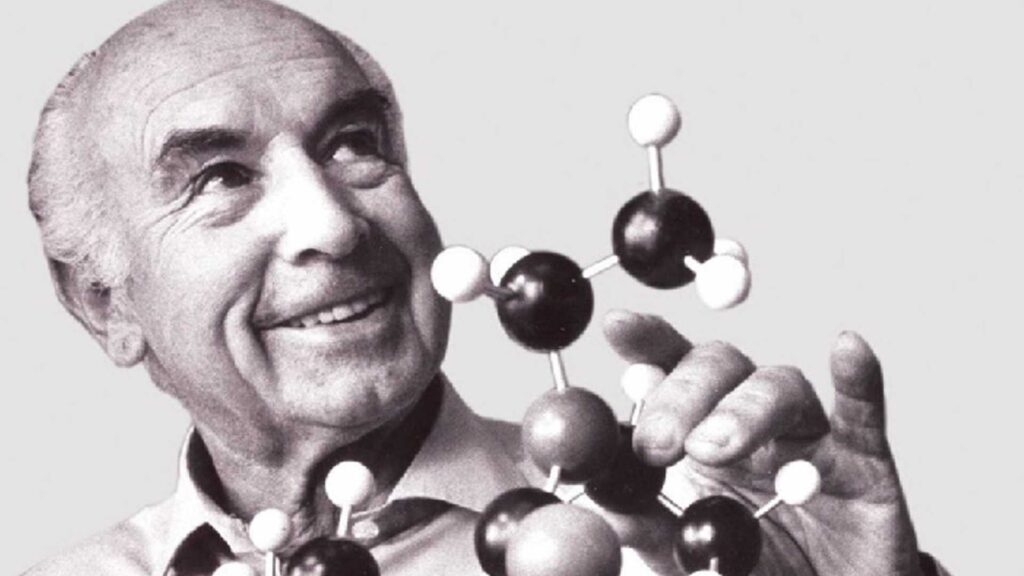Lysergic acid diethylamide, commonly known as LSD, is one of the most well-known psychedelic substances in the world. It is a synthetic compound derived from ergot, a type of fungus that grows on rye and other grains. LSD is renowned for its powerful hallucinogenic effects, which can dramatically alter perception, mood, and cognition.
LSD was first synthesized in 1938 by Swiss chemist Albert Hofmann while working for Sandoz Laboratories. Hofmann initially studied the compound for its potential use in pharmaceuticals, but its psychoactive properties were discovered accidentally in 1943 when he ingested a small amount. This event, often called “Bicycle Day,” marked the beginning of LSD’s journey into both scientific research and popular culture.
The substance gained attention in the 1950s and 1960s for its potential therapeutic applications. Early studies suggested that LSD could help treat mental health conditions such as depression, anxiety, and addiction.If you want to buy LSD in USA Online you can contact us Feel free to order at anytime. During this period, it was used experimentally in psychotherapy to explore the unconscious mind and induce transformative experiences. However, its recreational use soon became widespread, particularly among counterculture movements. Advocates like psychologist Timothy Leary promoted LSD as a tool for expanding consciousness, coining the famous phrase, “Turn on, tune in, drop out.”
LSD’s effects are primarily mediated through its interaction with serotonin receptors in the brain. When consumed, even in minuscule doses, LSD can cause vivid visual and auditory hallucinations, changes in thought patterns, and an altered sense of time and space. These experiences are highly subjective and can vary greatly depending on the individual, the dose, and the environment in which it is taken.
Despite its lack of physical addictiveness, LSD carries risks. “Bad trips,” characterized by intense fear or paranoia, are a potential danger, especially when taken in an unsafe or uncontrolled setting. Additionally, the substance’s unpredictable effects have led to concerns about impaired decision-making during its use.
Today, LSD remains a Schedule I controlled substance in many countries, meaning it is considered to have a high potential for abuse and no accepted medical use. However, modern research has reignited interest in its therapeutic potential, with ongoing studies examining its efficacy in treating mental health conditions like PTSD and depression. As society’s understanding of psychedelics evolves, LSD continues to be a subject of fascination and debate.


